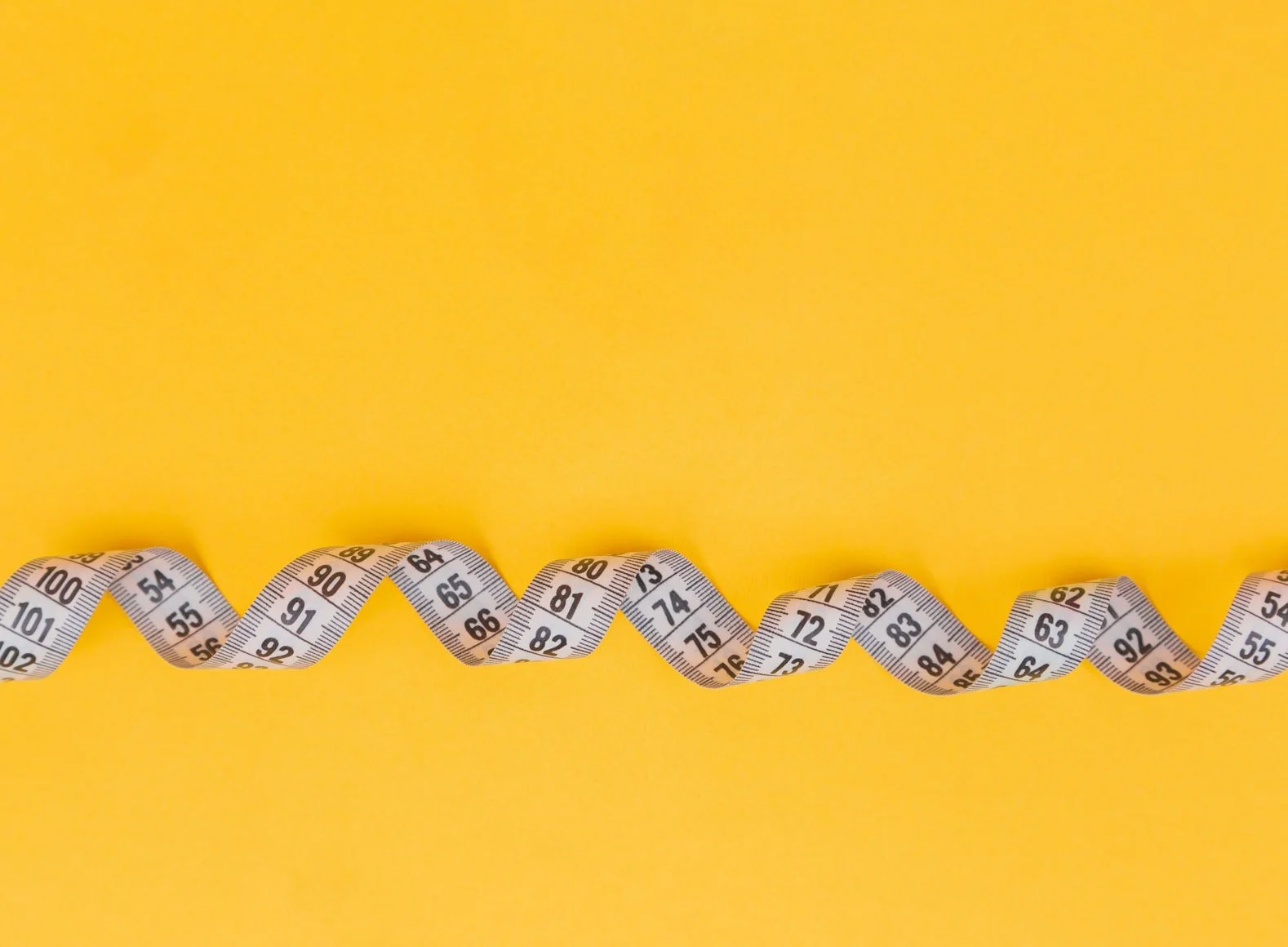How To Sleep Better At Night: 7 Powerful Tips
Do you often find yourself tossing and turning in bed, unable to get a good night's sleep? If so, you're not alone. Millions of people around the world have insomnia or other sleep-related problems. The good news is that there are many things you can do to improve your sleep habits and get the rest you need! This blog post will discuss seven powerful tips that will help you sleep better at night.
1) Establish a routine for yourself:
If you often find yourself struggling to fall asleep at night, one of the best things you can do is establish a bedtime routine for yourself. Going to bed and waking up at the same time each day can help your body get into a regular sleep cycle, making it easier for you to fall asleep and stay asleep through the night. Additionally, try to avoid napping during the day so that you will be tired when it comes time to go to bed at night.
Another essential part of establishing a good sleep routine is creating an environment in your bedroom that is conducive to sleeping. This means keeping the room dark, quiet, and cool. If you have trouble sleeping in a completely dark room, try using an eye mask or black-out curtains to block out any light. You might also want to invest in a white noise machine or app to help drown out any outside noise that could be keeping you awake.
2) Avoid caffeine and alcohol before bed:
While you might think that a cup of coffee or a glass of wine will help you relax and fall asleep, the reality is that both caffeine and alcohol can actually interfere with sleep. Caffeine is a stimulant, making it harder for you to fall asleep and stay asleep through the night. Alcohol, on the other hand, may help you fall asleep initially, but it can cause you to wake up in the middle of the night as it starts to wear off. So if you're looking to get a good night's sleep, avoiding both caffeine and alcohol in the hours leading up to bedtime is best.
3) Get some exercise:
Regular exercise has many benefits, and one of them is improved sleep. Exercise can help you fall asleep more quickly and sleep more soundly through the night. However, it's important to avoid exercising too close to bedtime, as this can actually have the opposite effect and make it harder for you to fall asleep. Instead, aim to finish your workout at least a few hours before you plan on going to bed.
If you struggle to get enough exercise during the day, you can do a few things to make it easier. One is to set aside some time each day specifically for working out. Another is to break up your workouts into smaller chunks of time throughout the day. For example, instead of trying to fit in a 60-minute workout all at once, you could break it up into three 20-minute sessions.
4) Stick to a sleep schedule:
In addition to going to bed and waking up at the same time each day, it's also essential to stick to a regular sleep schedule as much as possible. This means avoiding late nights and sleeping in on weekends. While it can be tempting to stay up late or sleep in when you don't have to get up for work or school, doing so can actually make it harder for you to fall asleep during the week. If you find yourself struggling with this, try setting the alarm for bedtime on weekends and holidays so that you can stick to your regular sleep schedule.
5) Try using CBD products:
CBD is a compound found in cannabis that has been shown to have various health benefits, including improved sleep. CBD can help you fall asleep more quickly and stay asleep through the night. Additionally, CBD is non-intoxicating, so it will not make you feel high or impair your ability to function during the day. If you're interested in trying CBD for better sleep, a variety of products are available, including tinctures, capsules, and edibles.
You can also find Live Resin at many dispensaries. Live Resin is a type of cannabis concentrate that contains high levels of CBD and other beneficial compounds like terpenes.
6) Avoid screen time before bed:
Using electronic devices like phones, laptops, and tablets in the hours leading up to bedtime can actually make it harder to fall asleep. Screen light can suppress melatonin, a hormone that helps regulate sleep. Additionally, the content of what you're looking at on your screen can also impact your sleep. If you're looking at something stressful or stimulating, it can make it harder to relax and fall asleep. For these reasons, it's best to avoid using electronic devices in the hours before bed.
If you find yourself struggling to stay away from screens before bed, you can do a few things to make it easier. One is to charge your phone in another room so that you're not tempted to use it in bed. Another is to download an app that dims your screen and filters out blue light in the hours leading up to bedtime.
There are also a variety of blue light blocking glasses available that can help reduce the amount of blue light exposure you get from screens.
7) Keep a sleep diary:
If you're struggling to sleep, keeping a sleep diary can be helpful. In your sleep diary, you can track things like how long it took you to fall asleep, how many times you woke up during the night, and how many hours of sleep you got. You can also note how you felt when you woke up in the morning.
Over time, you may start seeing patterns in your sleep habits. This can help you identify things that are impacting your sleep and make changes accordingly. For example, if you notice that you tend to have trouble sleeping on nights when you have caffeine late in the day, you may want to cut back on caffeine or avoid it altogether in the hours before bedtime.
In conclusion, there are a variety of things you can do to sleep better at night. By following these tips, you can get the restful night's sleep you need to feel your best during the day.








